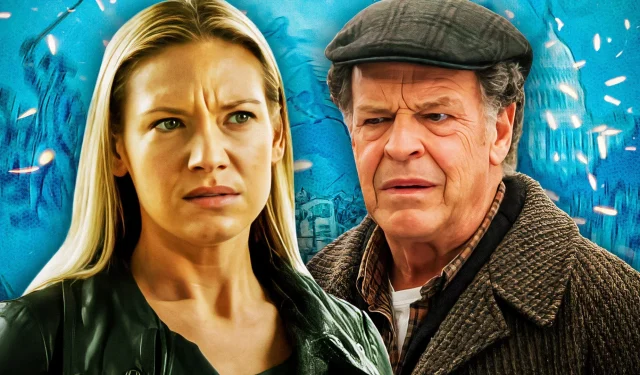
Despite experiencing a decline in viewership ratings with nearly every passing season, Fringe continues to be celebrated as a beloved and critically acclaimed science fiction series. Its unique premise, crafted by industry luminaries J.J. Abrams, Alex Kurtzman, and Roberto Orci, centers around a diverse team composed of scientists and FBI agents tasked with unraveling extraordinary and perplexing cases. Over the course of its five-season run, audiences are taken on a journey deeper into the intricate backstories and futures of the show’s characters, enriching the overall narrative.
Fringe boasts an impressive 90 percent score on Rotten Tomatoes, alongside an average audience approval rating of 80 percent on the Popcornmeter. This acclaim solidifies its status as a standout sci-fi series. After concluding in 2013 with a total of 100 episodes, the tenacity of its fandom ensures that it remains one of the defining sci-fi shows from the 2000s, if not of all time. It stands in competition with iconic series such as Battlestar Galactica, Lost, The X-Files, and Doctor Who. Yet, an intriguing alternative quite similar to Fringe emerged from the CW in 2014, which also enjoyed considerable success and holds an 89 percent approval rating on Rotten Tomatoes.
The Flash: A Fitting Successor for Fringe Fans
The CW’s Arrowverse Series Embraces Similar Elements as Fringe
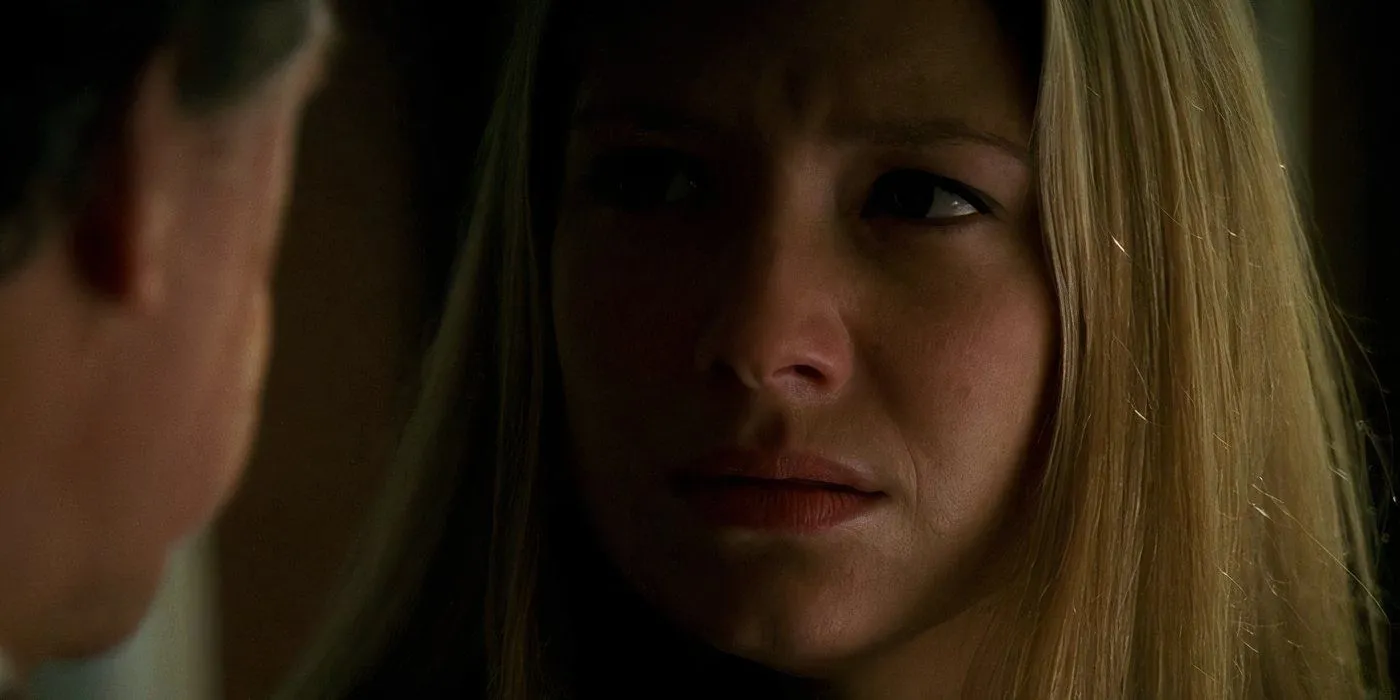
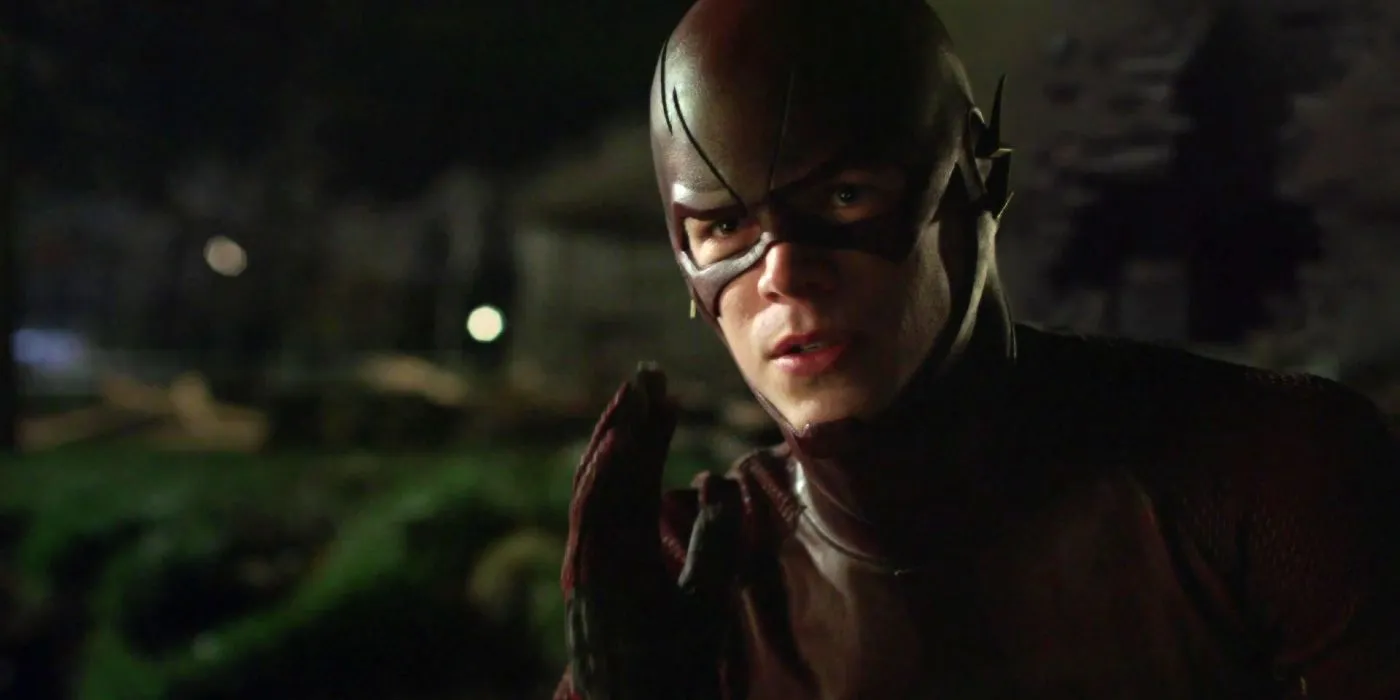
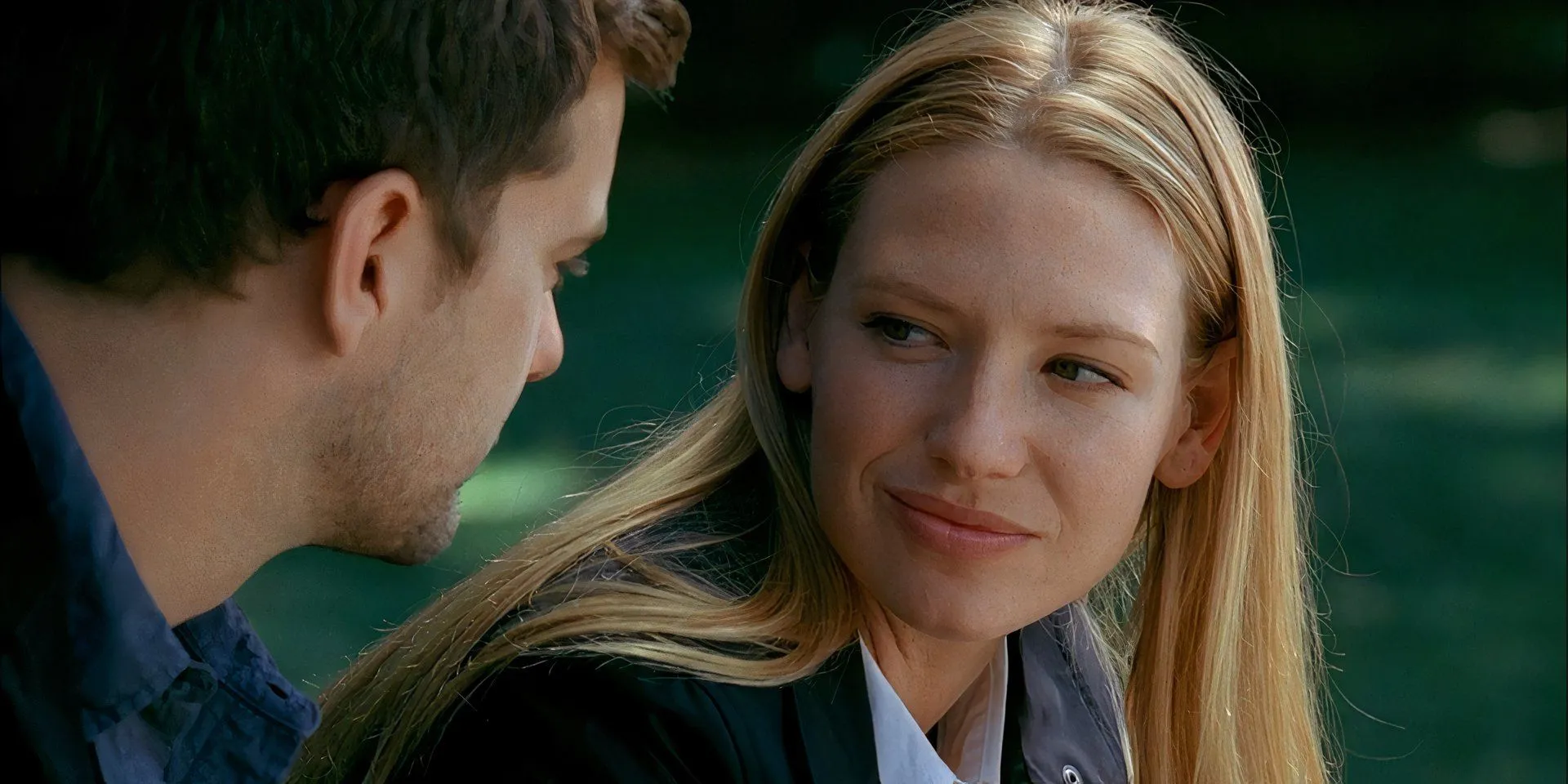
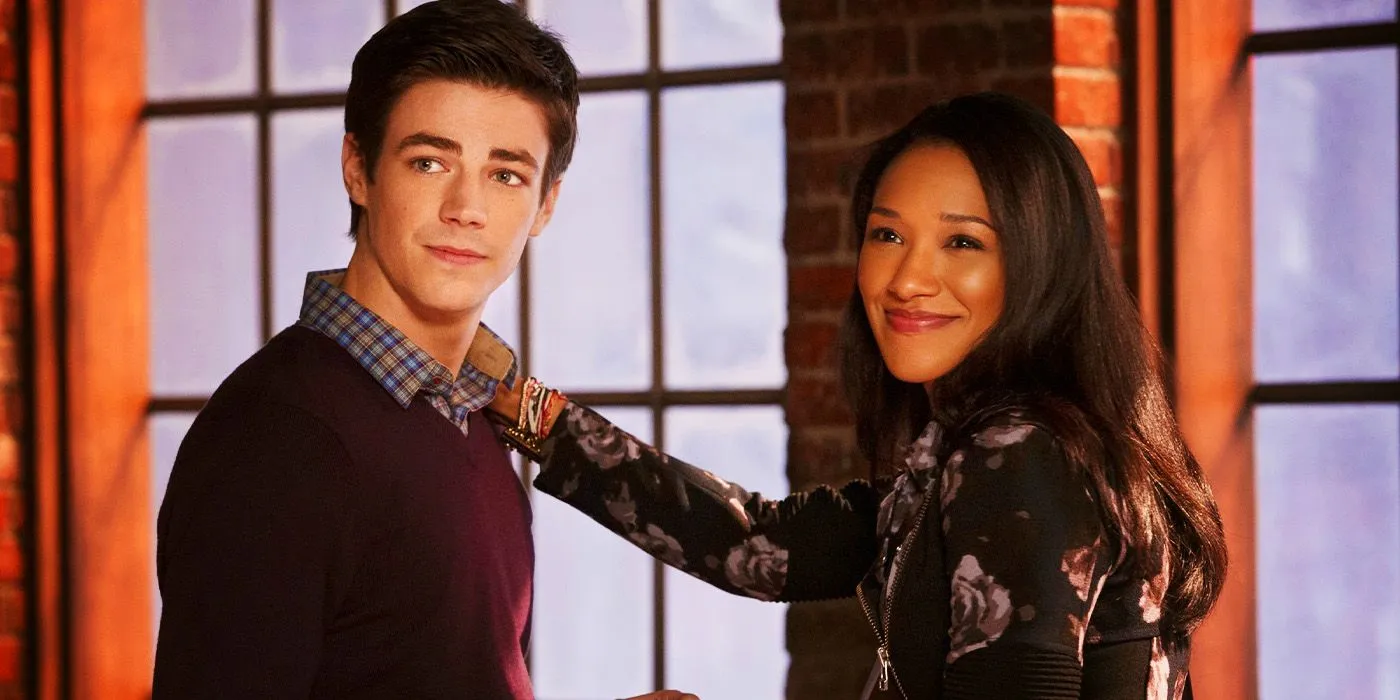
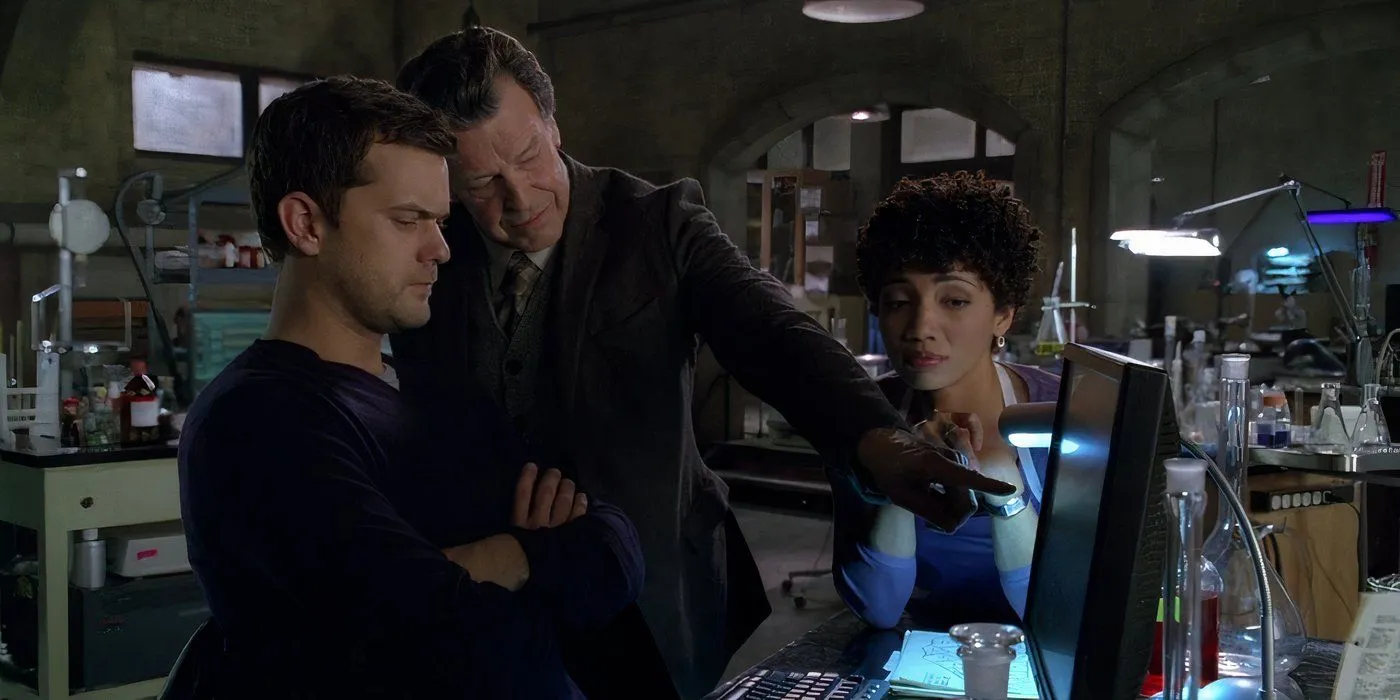
While The Flash is branded as a superhero series within the expansive Arrowverse, its unique blend of storytelling elements aligns it closely with the essence of Fringe. This 2014 breakout program incorporates dynamics like time travel, alternate realities, the “guy in the chair”archetype, and a series of case-of-the-week formats. In essence, The Flash embodies the spirit of Fringe, infused with superhero flair.
As the first spinoff from Arrow and the second series in the Arrowverse, The Flash holds the distinction of being the longest-running show within the franchise, spanning nine seasons and 184 episodes. Widely regarded as the standout series of the Arrowverse, The Flash’s incorporation of sci-fi elements allowed it to break free from the constraints of its franchise origins, akin to Fringe’s expanding mythology during its second season. This timeline connection is vital, as it premiered just one year following Fringe’s conclusion, earning it recognition as a spiritual successor.
A Closer Look: The Sci-Fi Depth of The Flash
Exploring the Sci-Fi Landscape of The Flash
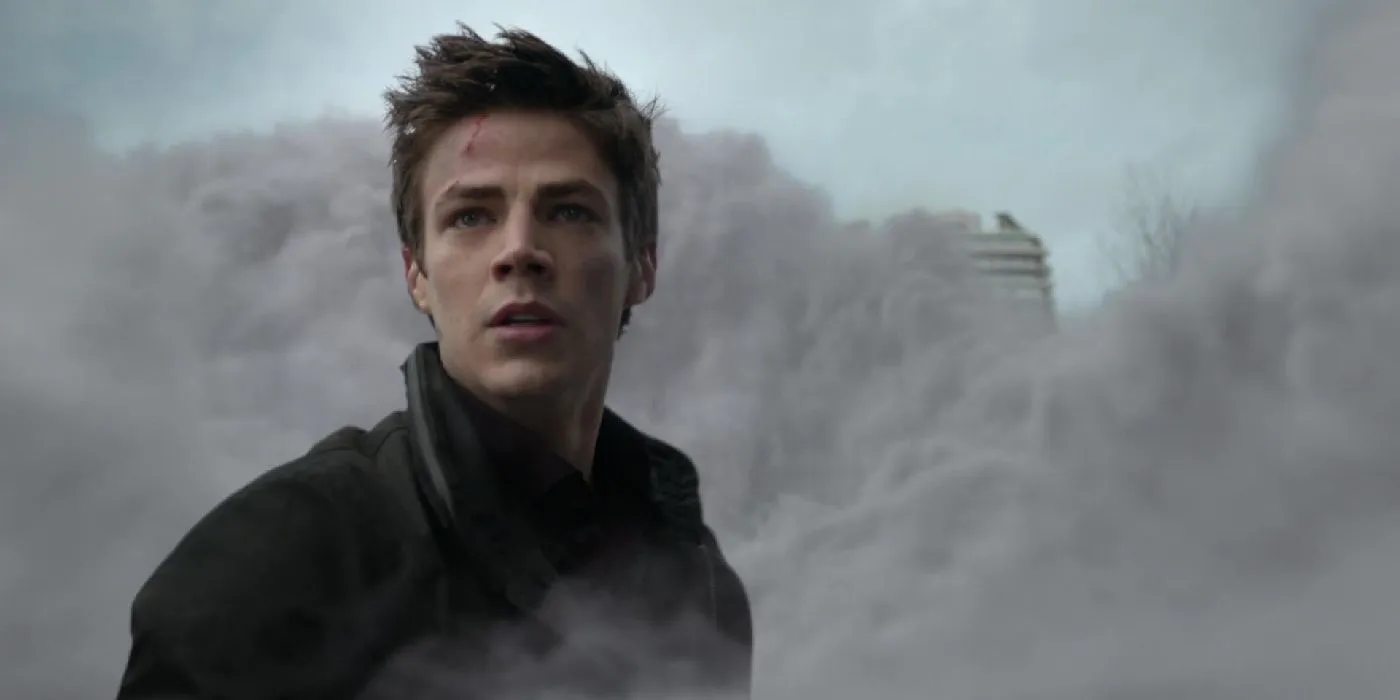
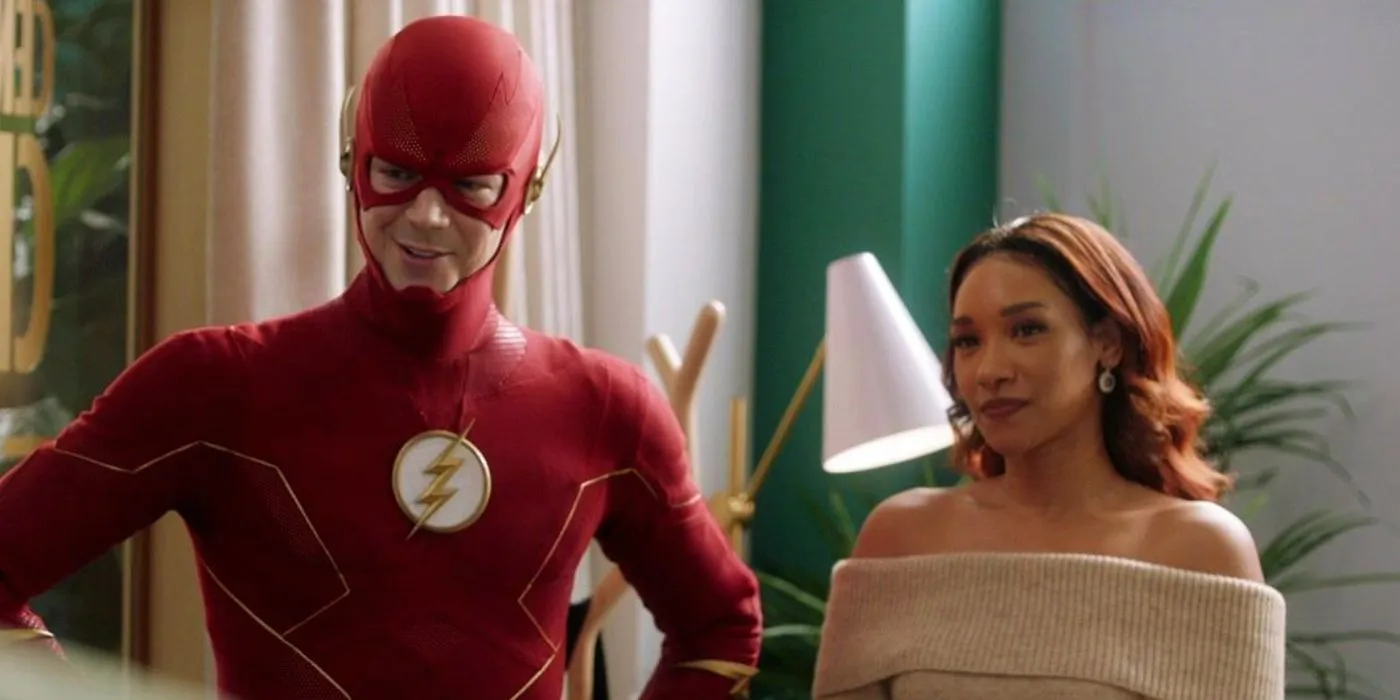
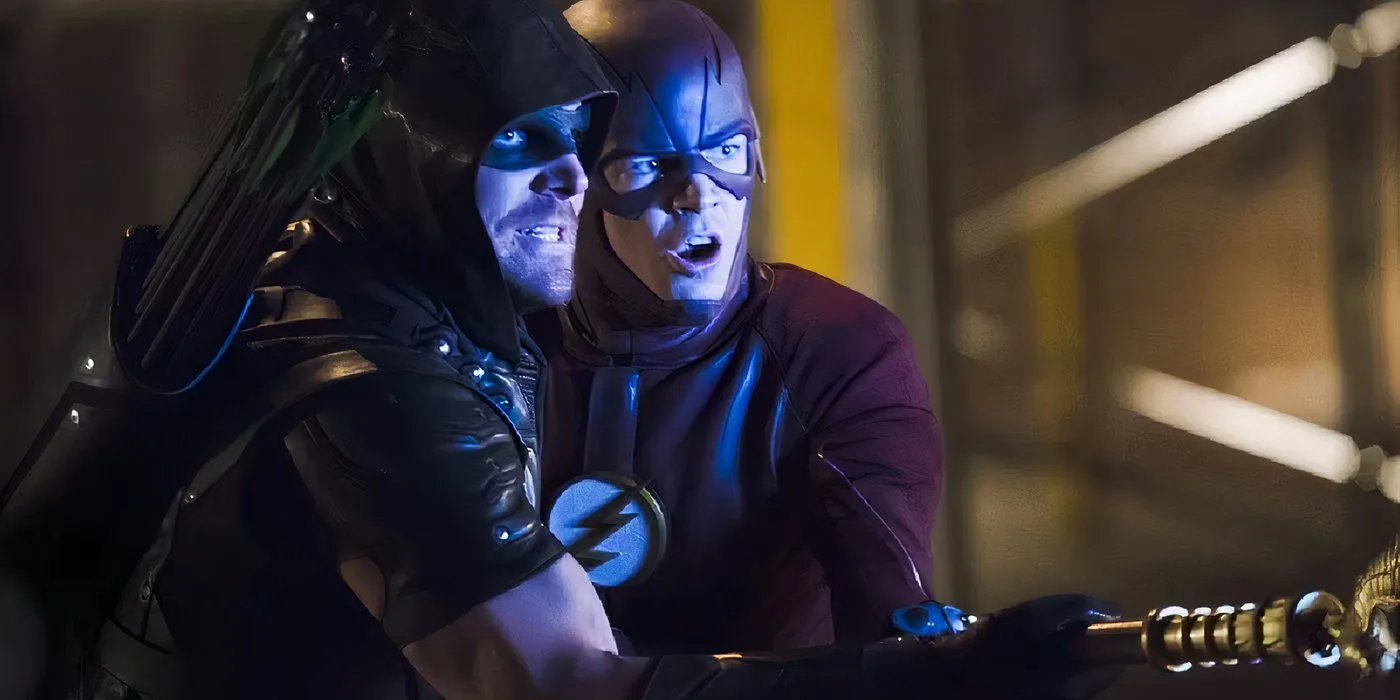
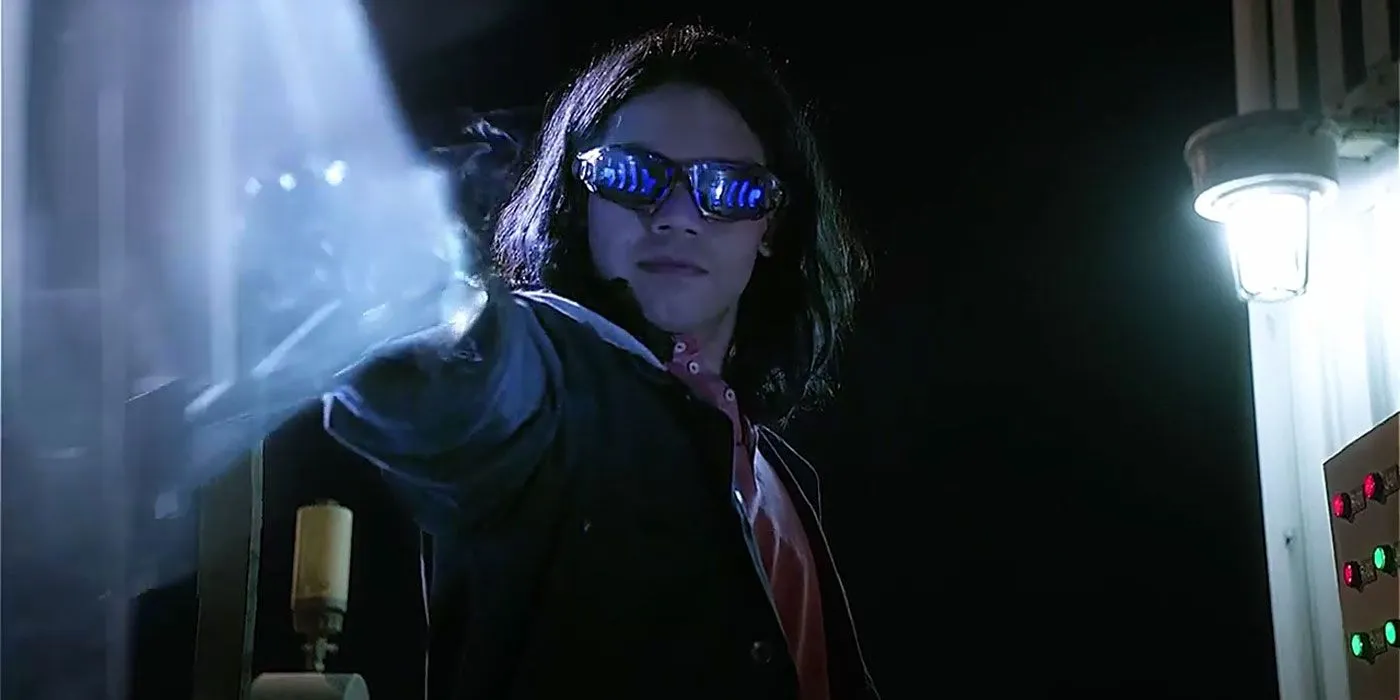
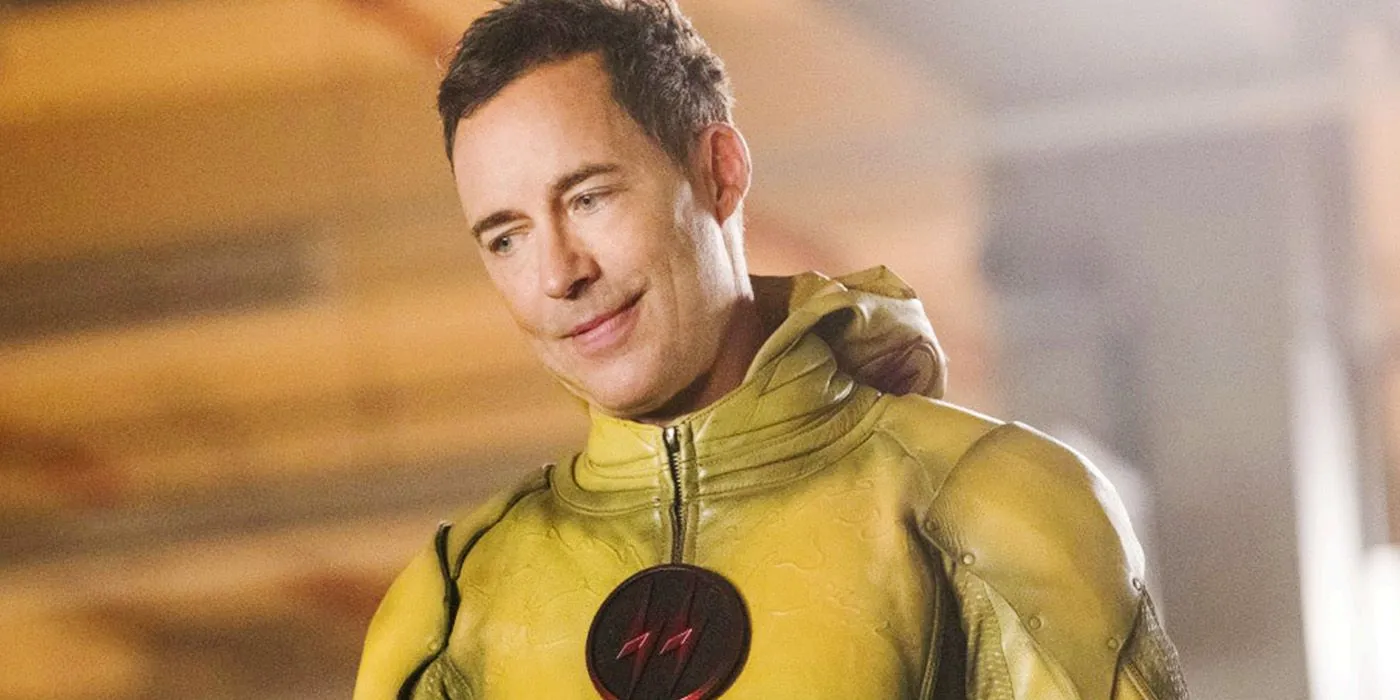
On the surface, The Flash can easily be classified as a superhero series. However, a closer examination reveals its more profound roots in the realm of science fiction as opposed to pure superhero action—a notable contrast to its predecessor, Arrow, which centers heavily on grounded narratives. The creators clearly aimed to establish a tonal distinction for The Flash, crafting it to be a sci-fi procedural rich with case-of-the-week scenarios, reminiscent of the format popularized by Fringe.
|
The Flash Cast |
Role |
|---|---|
|
Grant Gustin |
Barry Allen |
|
Candice Patton |
Iris West-Allen |
|
Danielle Panabaker |
Caitlin Snow |
|
Carlos Valdes |
Cisco Ramon |
|
Tom Cavanagh |
Harrison Wells/Eobard Thawne |
|
Rick Cosnett |
Eddie Thawne |
|
Jesse L. Martin |
Joe West |
|
Keiynan Lonsdale |
Wally West |
|
Danielle Nicolet |
Cecile Horton |
|
Jessica Parker Kennedy |
Nora West-Allen |
|
Kayla Compton |
Allegra Garcia |
|
Brandon McKnight |
Chester P. Runk |
Each episode of The Flash typically follows self-contained stories that revolve around emerging metahumans wreaking havoc in Central City, akin to how cases interlinked with The Pattern developed in Fringe. Thus, both series share a profound reliance on their respective sci-fi motifs, establishing a compelling similarity between them despite differing mythologies.
The Flash’s Legacy: An Iconic But Complex Narrative
The Quality of The Flash in Its Later Seasons
Critics and fans often argue that The Flash loses its initial charm and cohesion in the later seasons, which has caused disappointment among viewers hoping for continuity. Despite this, the series undeniably has made significant contributions to pop culture and the sci-fi genre, much like Fringe. Iconic moments, such as Barry’s first time travel experience, Eddie’s valiant sacrifice in the season finale, and various crossover events, highlight the show’s immense potential and will forever resonate with its audience. Ultimately, The Flash has earned its place in the pantheon of top sci-fi television, standing proudly alongside Fringe.
Source: Rotten Tomatoes



Leave a Reply